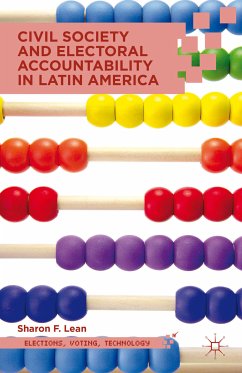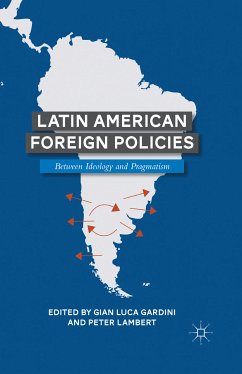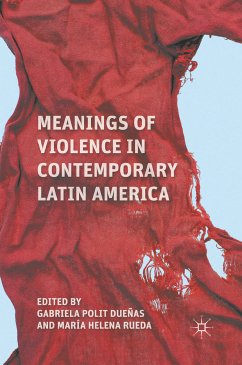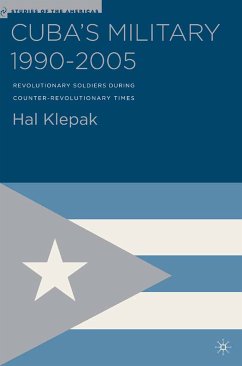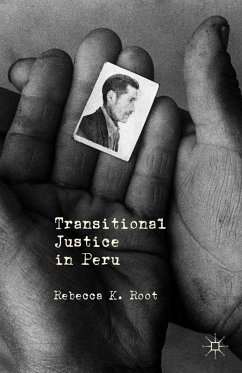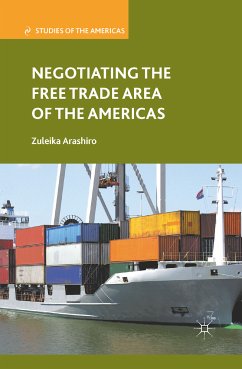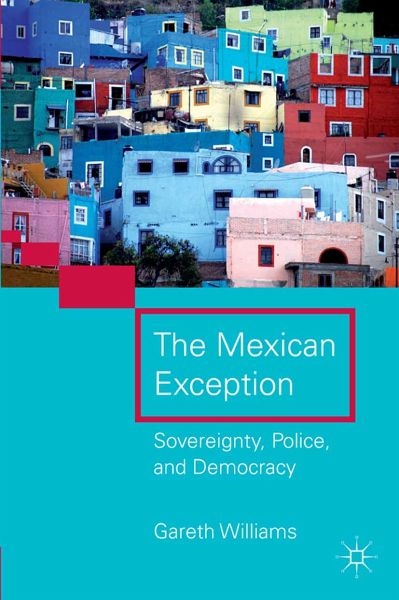
The Mexican Exception (eBook, PDF)
Sovereignty, Police, and Democracy
Versandkostenfrei!
Sofort per Download lieferbar
40,95 €
inkl. MwSt.
Weitere Ausgaben:

PAYBACK Punkte
20 °P sammeln!
This book examines the question of democracy in post-revolutionary Mexican society. Each chapter recuperates an event or particular historical sequence that sheds light on the relation between culture and sovereign exceptionality. Each moment or sequence stages a relation to language. In these speech scenes there is a disagreement between social actors (for example, disputes between peasants and intellectuals over words such as democracy, equality, freedom, proletariat, worker, revolution etc.). Democracy in this book is not just a type of Constitution or a form of society that politics affirm...
This book examines the question of democracy in post-revolutionary Mexican society. Each chapter recuperates an event or particular historical sequence that sheds light on the relation between culture and sovereign exceptionality. Each moment or sequence stages a relation to language. In these speech scenes there is a disagreement between social actors (for example, disputes between peasants and intellectuals over words such as democracy, equality, freedom, proletariat, worker, revolution etc.). Democracy in this book is not just a type of Constitution or a form of society that politics affirms on a daily basis. It is the assumption and installation of egalitarian language. Democracy is therefore the momentary interruption or suspension of the police order.
Dieser Download kann aus rechtlichen Gründen nur mit Rechnungsadresse in A, B, BG, CY, CZ, D, DK, EW, E, FIN, F, GR, HR, H, IRL, I, LT, L, LR, M, NL, PL, P, R, S, SLO, SK ausgeliefert werden.






